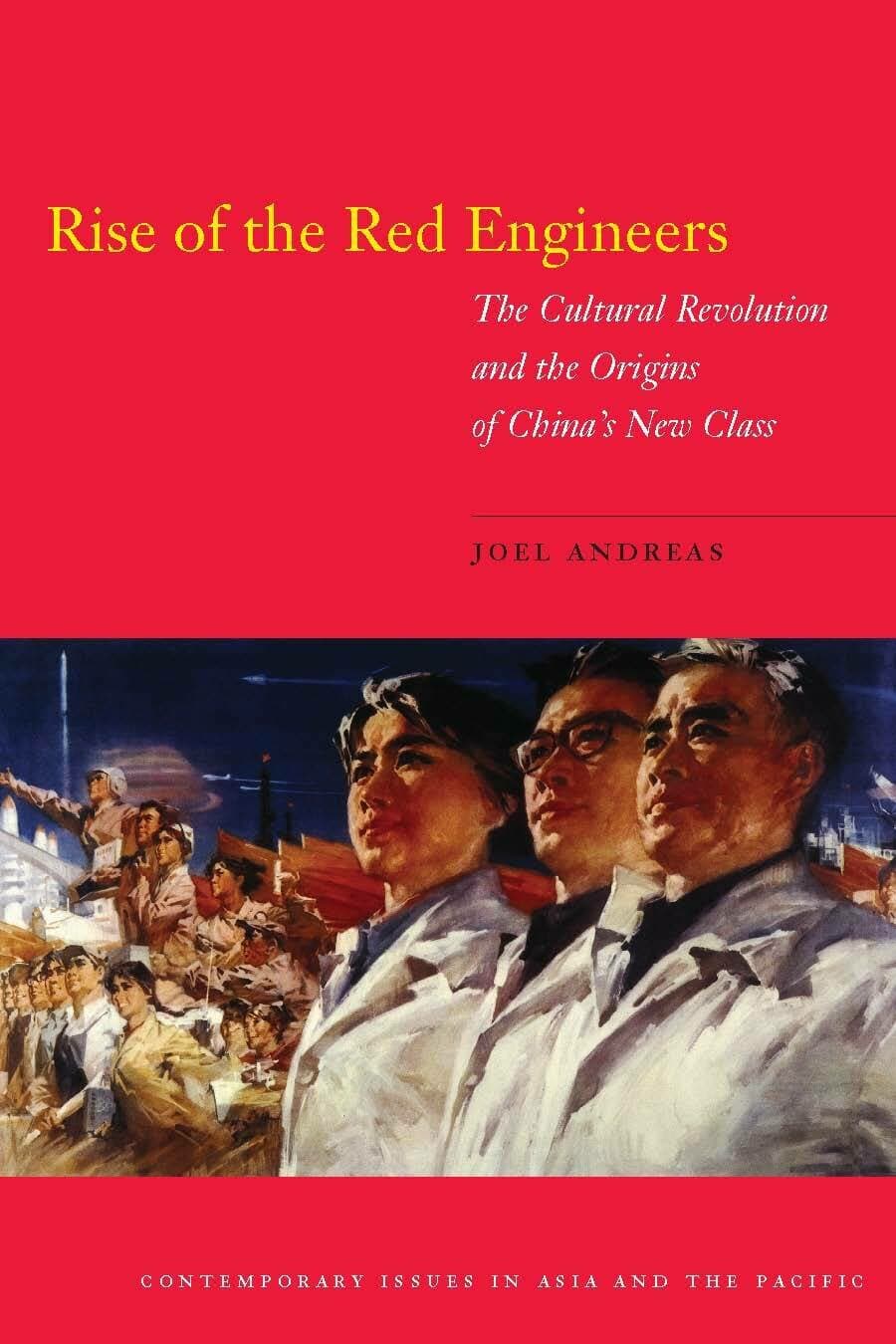Seeking News, Making China

Contemporary developments in communications technologies have overturned key aspects of the global political system and transformed the media landscape. Yet interlocking technological, informational, and political revolutions have occurred many times in the past. In China, radio first arrived in the winter of 1922-23, bursting into a world where communication was slow, disjointed, or non-existent. Less than ten percent of the population ever read newspapers. Just fifty years later, at the beginning of the Cultural Revolution, news broadcasts reached hundreds of millions of people instantaneously, every day. How did Chinese citizens experience the rapid changes in information practices and political organization that occurred in this period? What was it like to live through a news revolution?
John Alekna traces the history of news in twentieth-century China to demonstrate how large structural changes in technology and politics were heard and felt. Scrutinizing the flow of news can reveal much about society and politics—illustrating who has power and why, and uncovering the connections between different regions, peoples, and social classes. Taking an innovative, holistic view of information practices, Alekna weaves together both rural and urban history to tell the story of the rise of mass society through the lens of communication techniques and technology, showing how the news revolution fundamentally reordered the political geography of China.
—Arunabh Ghosh, author of Making It Count: Statistics and Statecraft in the Early People's Republic of China
"News and propaganda have been central to China's 20th century story. John Alekna's deeply-researched book gives the inside story of how that 'newsscape' was made, providing a powerful new insight into the formation of a society through war and revolution."
—Rana Mitter, author of China's Good War: How World War II Is Shaping a New Nationalism
"Seeking News, Making China is a fresh, ambitious, and engaging meditation on the intersection of mass politics and mass media in twentieth-century China. By charting the emergence of a distinctive Chinese 'newscape,' it effectively challenges venerable assumptions about the relationship between technology, nationhood, and the news."
—Richard R. John, author of Network Nation: Inventing American Telecommunications
"Through his meticulous research, Alekna has retrieved valuable primary sources purporting to highlight the importance of radio in China from 1919 to 1968.... Alekna portrays an attention-grabbing picture of modern China through his captivating narration and persuasive interpretation of radio and its listeners. Recommended."
—P. F. Shan, CHOICE
"By placing news at the center of his study, Alekna introduces the term 'newsscape' to describe a communication ecosystem characterized by the dynamic interplay of social, technological, geographical, and infrastructural contexts surrounding news. This concept foregrounds everyday experiences and behaviors, traversing political regimes while taking into account the diverse vocabularies that the Chinese people used to refer to the transmission of information. Within this framework, the book offers fresh perspectives on how modern China and its mass society have evolved together with the transformation of broadcasting infrastructure and the practice of news."—Yue Liang and Fa-ti Fan, Transversal: International Journal for the Historiography of Science
"As the first book-length, English-language study on the rise of Chinese radio, Seeking News, Making China addresses a conspicuous gap in historiography. The book is essential reading for anyone interested in the topic of technology and communication in modern East Asia."—Anatoly Detwyler, Technology and Culture
"While scholarship on radio broadcasts in China is not entirely new... Alekna wraps the issue in a rather more ambitious theoretical gloss."
—Michael Tsin, American Historical Review




